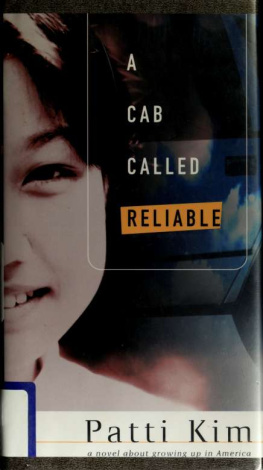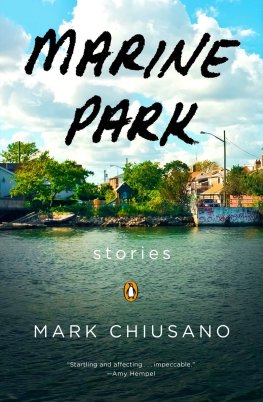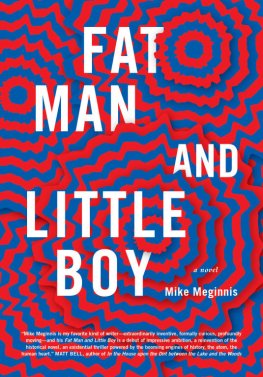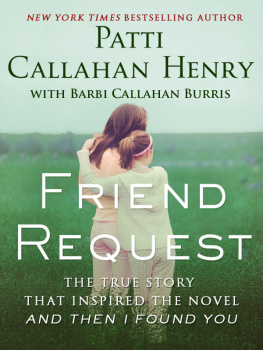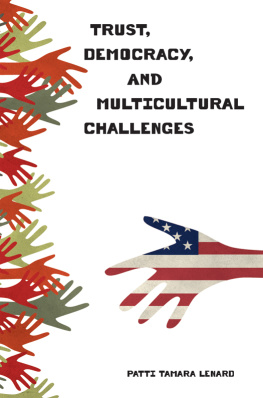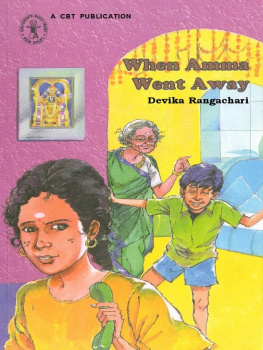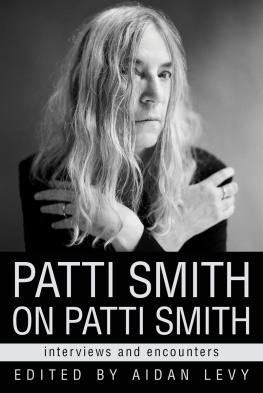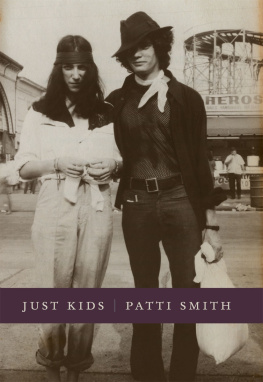Patti Kim - A Cab Called Reliable: A Novel
Here you can read online Patti Kim - A Cab Called Reliable: A Novel full text of the book (entire story) in english for free. Download pdf and epub, get meaning, cover and reviews about this ebook. City: New York, year: 1998, publisher: St. Martins Griffin, genre: Detective and thriller. Description of the work, (preface) as well as reviews are available. Best literature library LitArk.com created for fans of good reading and offers a wide selection of genres:
Romance novel
Science fiction
Adventure
Detective
Science
History
Home and family
Prose
Art
Politics
Computer
Non-fiction
Religion
Business
Children
Humor
Choose a favorite category and find really read worthwhile books. Enjoy immersion in the world of imagination, feel the emotions of the characters or learn something new for yourself, make an fascinating discovery.
- Book:A Cab Called Reliable: A Novel
- Author:
- Publisher:St. Martins Griffin
- Genre:
- Year:1998
- City:New York
- Rating:5 / 5
- Favourites:Add to favourites
- Your mark:
- 100
- 1
- 2
- 3
- 4
- 5
A Cab Called Reliable: A Novel: summary, description and annotation
We offer to read an annotation, description, summary or preface (depends on what the author of the book "A Cab Called Reliable: A Novel" wrote himself). If you haven't found the necessary information about the book — write in the comments, we will try to find it.
A Cab Called Reliable: A Novel — read online for free the complete book (whole text) full work
Below is the text of the book, divided by pages. System saving the place of the last page read, allows you to conveniently read the book "A Cab Called Reliable: A Novel" online for free, without having to search again every time where you left off. Put a bookmark, and you can go to the page where you finished reading at any time.
Font size:
Interval:
Bookmark:

This book made available by the Internet Archive.




YA
FIC
KIM
Our apartment on Burning Rock Court was two blocks away from Sherwood Elementary School. When I started third grade, my mother had told me that I had better know by heart the names of every street I had to walk along and across, or else I would remain forever missing because she had no clue where to go look for a nine-year-old girl stupid enough to lose her way in Arlington, Virginia. She said this place was nothing like Pusan.
In Pusan, my mother, father, little brother, and I used to live in a room behind a grocery store owned by my best friend's mother. Na-Ri and I used to make mud pies, jump rope, bang pots against pans, and sing jingles in front of her mother's store. Our favorite was for Boo-Rah-Boh ice cream cones. It went something like this: Lefs meet at noon for a Boo-Rah-Boh cone. We have to meet at noon for a Boo-Rah-Boh cone. No matter how the day goes, let's meet for a Boo-Rah-Boh cone. I missed those cones. I missed Na-Ri.
A school bus screeched to a halt at the intersection of Wilson Boulevard and Oliver Lane. The crossing guard ushered me off the curb of the sidewalk. I looked left, right, left, crossed Oliver, tried hard to forget the ice cream cones, and practiced reciting the Pledge of Allegiance because Miss Washburn, my third-grade teacher, had chosen me to lead the rest of the class into the pledge for the next three mornings. Everyone
thought it such an honor to stand in front of the class next to Miss Washburn's big brown desk, place their right hand upon their heart, and say "I pledge ..." while the rest followed. But I dreaded it. I could never remember which words came after "... to the flag of the United States of America." Miss Washburn would surely be disappointed to find out I had been mumbling the whole time. I did not want to disappoint my teacher. I liked Miss Washburn. She had long brown hair with ends that curled into the shape of sixes. She wore lavender dresses that flowed when she strolled up and down the aisles. She played the piano and taught us songs about purple mountains and shining seas. She was nothing like my second-grade teacher, who had crooked teeth and called me Ann, Ann, Ann. If I had been older then, I would have politely told her that my name was not Ann. My name was pronounced like the sound one made after drinking iced lemonade on a hot day or when one began to understand why two plus two equals four. AH. My name is Ahn Joo. Like the "a" sound in "far." Far. The A with the two dots over it. Look it up in the dictionary. Like Aida. Ave Maria. Awabi.
While waiting for cars to pass on Thayer Street, the crossing guard asked me where I was from. When I answered her, she said she had a friend who was from that very same country. Then she asked me how long I had lived in America. "Two years," I said, and held up my two fingers. She smiled, nodded, and let me pass.
A group of older girls walked by me. The tallest of the four wore bright yellow tights and shiny black
shoes. She was giggling and talking about boys They hurried down the street toward the ABC Drug Store, where they would probably buy strawberry-flavored lip gloss, bubble gum, and fashion magazines.
Before turning onto my street, I waited to see if the girls did go into the ABC. I clapped my hands in triumph as I watched them run across the parking lot and disappear through the double doors.
I turned onto Burning Rock Court and skipped the rest of the way home, keeping an eye on the cracks in the sidewalk. Dandelions grew out of them. I stopped to pick a bunch. Then from a distance, I heard my little brother crying. I looked up and saw that he was being carried by my mother into a cab. She was wearing her brown-and-white polka-dotted skirt that clung to her thighs. She took long strides away from our home into the cab and thumped shut the door. Hiding behind a tree, I counted the dandelions in my hand. There were only four. When I heard the approaching car, I looked up to see my mother's stony face behind the half-opened window of a sky blue cab with "reliable" written on the door.
The milk from the broken flower stems dripped down my wrist. I quickly licked it, remembering something my mother told me about dandelion milk being good for nervous stomachs. She also once said that it was wicked for a child to cry in public. She had pointed out to me a little black girl crying in a shopping cart at Pershing Market and said that the girl was a big show-off, bragging to the whole world what little control her mother had over her. My little brother
often cried in public, but I was told Min Joo was special.
As I walked toward our apartment building with the black door marked "3501," I passed the parking spaces; the stop sign that was missing its capital S; windows with blinds and without blinds, with curtains and without curtains; the broken swings at Burning Rock Court; Boris's apartment, which always smelled of garlic and onions; Kavitha's apartment, which smelled of dirty rags; the patch of weeds we cooked up meals for our brothers in; the bench we turned into a house with a sheet and two branches; and the white tree I sprained my wrist against running to first base. Last summer Kavitha's father sat underneath that white tree and performed magic tricks with his cigarette. He looked like a brown skeleton, tall and bald, and wore tattered pants held by a rope and no shoes. His toes were long. His feet were dusty. He looked to me like a man who while walking across the Sahara Desert decided to take a rest in the shade of our tree. My favorite of his tricks, which I called "The Living Ashtray," was when he would flick his cigarette ashes back onto his tongue with his lower lip. No hands. I saw the ashes land on his tongue. I saw him swallow them, too. I thought it was amazing that a man could carry ashes in his body, and when I told my mother about it, she said to stay away from Kavitha and her family because those things were works of demons.
I walked past the tree with a different feeling from the one I had last summer or even yesterday walking home from school. What a silly monkey I must have
been to laugh, clap, and sing along with the other children. What a stupid girl I must have been to braid blades of grass into bracelets, necklaces, and engagement rings.
As I climbed the stairs to the second floor, I wondered where reliable might be.
I pressed my ear against the neighbor's door. I listened for the flute I had once heard back in December when I knocked for my father, who wanted to give the American woman next door a gift for the holidays. "Do you want a Korean calendar?" I had asked. But there was now no sound of flutes, only the sound of my breathing and my footsteps.
Our door was not locked. I turned the knob, walked inside, sat down next to my father's boots, and began to cry, remembering the expression on my mother's face. She looked as if I were the last thing on her mind. I had seen that expression before. She wore that scary you-mean-nothing-to-me look on her face whenever she and my father fought.
Font size:
Interval:
Bookmark:
Similar books «A Cab Called Reliable: A Novel»
Look at similar books to A Cab Called Reliable: A Novel. We have selected literature similar in name and meaning in the hope of providing readers with more options to find new, interesting, not yet read works.
Discussion, reviews of the book A Cab Called Reliable: A Novel and just readers' own opinions. Leave your comments, write what you think about the work, its meaning or the main characters. Specify what exactly you liked and what you didn't like, and why you think so.

